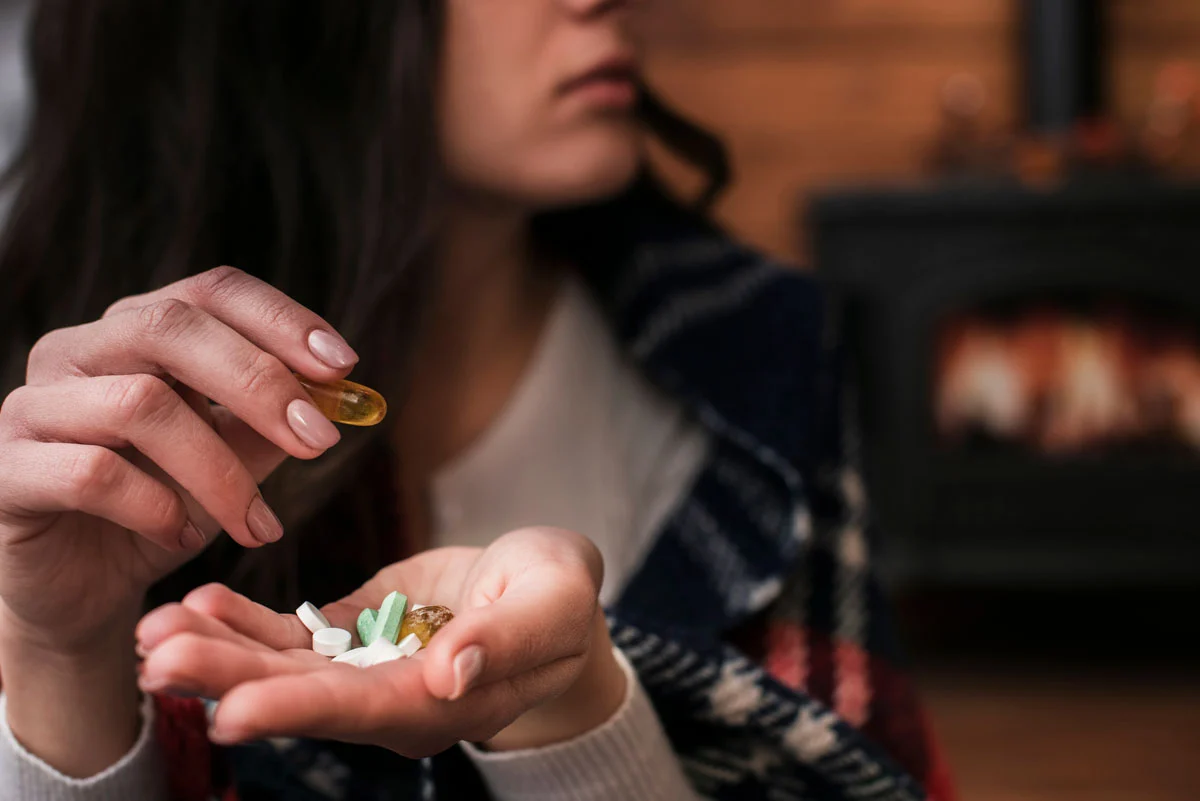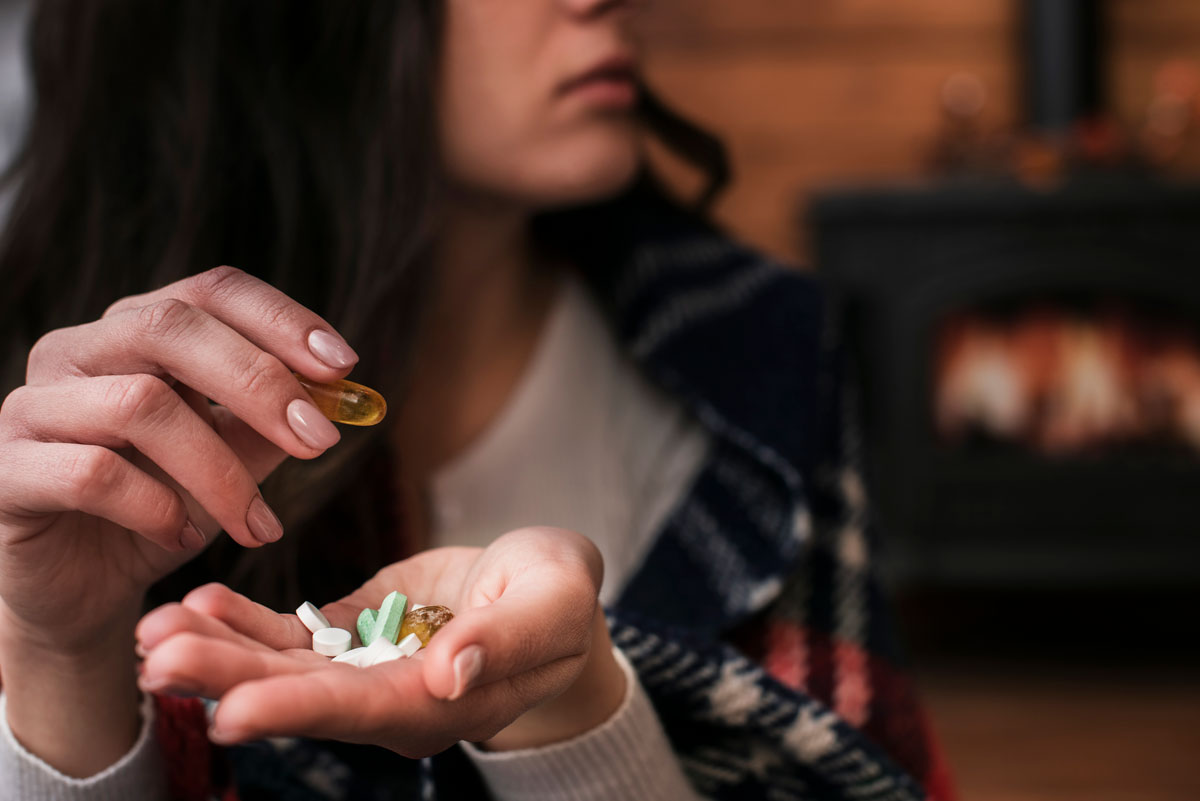
Are you or a loved one struggling with opioid addiction? Understanding the most common opioid drugs is the first step toward recovery. At Anchored Tides Recovery, we are dedicated to helping women in Huntington Beach, CA, overcome addiction and regain control of their lives. In this informative guide, we’ll shed light on the common opioid drugs that are causing concern across the nation.
What are Opioids?
Opioids are a class of drugs derived from the opium poppy plant or synthesized to mimic its effects. They are powerful pain relievers but can be highly addictive when misused. It’s crucial to recognize the opioids that may be impacting your life or the life of someone you care about.
Common Opioid Drugs: What You Should Know
When it comes to opioids, understanding what you or a loved one might be dealing with is the first step toward recovery. Let’s talk about some of the most common opioid drugs that you might have heard of:
1. Heroin: Diacetylmorphine
- Description: Heroin is a highly addictive illegal drug that often comes as a white or brown powder or even a sticky black substance known as “black tar” heroin. People usually inject, snort, or smoke it.
- Effects: Heroin can give an intense rush of euphoria, followed by a heavy sense of drowsiness. It’s a rollercoaster that can lead to serious physical and mental health troubles when used regularly.
2. Oxycodone (OxyContin): The Prescription Painkiller
- Description: Oxycodone is a prescription painkiller. Doctors often prescribe it to help manage moderate to severe pain. You might find it in different forms, including extended-release tablets like OxyContin.
- Misuse Alert: While it’s a helpful medication, some may misuse it to chase a high. Crushing and snorting or injecting it can make the effects stronger, and this misuse can quickly lead to addiction.
3. Hydrocodone (Vicodin): The Familiar Face
- Description: Hydrocodone is another prescription painkiller, and you might have heard of it in the form of medications like Vicodin. Doctors use it to ease moderate to severe pain.
- Common Misuse: Unfortunately, some people misuse hydrocodone to get that euphoric feeling. They may take more than they should or use it without a legitimate medical reason, which can lead to addiction.
4. Fentanyl: The Deadly Intruder
- Description: Fentanyl is a synthetic opioid, and it’s incredibly potent. Doctors use it for serious pain management, often through patches or lozenges. Illegally, it’s sometimes mixed with other drugs or sold as counterfeit prescription pills.
- Overdose Alert: Fentanyl has gained notoriety for causing many overdose deaths. Even a tiny amount can be fatal, and that’s why it’s a significant concern for public safety.
5. Morphine: The Pain Reliever
- Description: Morphine is a natural opioid derived from the opium poppy plant. Doctors commonly use it to ease severe pain, especially after surgeries or in cancer treatment.
- Potential Habit: While it’s an important tool for pain management, morphine can be habit-forming if not taken as directed by a healthcare professional. It’s crucial to follow your doctor’s advice carefully.
These opioid drugs might sound familiar, but it’s essential to understand their potential risks and consequences. If you or someone you care about is facing opioid addiction, know that you’re not alone. At Anchored Tides Recovery, we’re here to support women in Huntington Beach, CA, on their journey to recovery. Don’t hesitate to reach out for guidance and tailored treatment options to break free from opioid addiction and start a healthier, brighter chapter in life.
Effects of Opioids
Understanding the effects of these drugs is essential:
- Pain Relief: Opioids are potent painkillers, providing relief for various conditions.
- Euphoria: They can induce a sense of euphoria and relaxation, contributing to addiction.
- Dependence: Prolonged use can lead to physical and psychological dependence.
- Overdose: Opioid overdose can be fatal due to respiratory depression.
Seeking Help at Anchored Tides Recovery
If you or a loved one is struggling with opioid addiction, don’t wait to seek help. Anchored Tides Recovery specializes in women’s rehabilitation, providing a safe and supportive environment for recovery. Our team of experts understands the unique needs of women on their journey to sobriety.
Contact us today to learn more about our comprehensive treatment programs tailored to women in Huntington Beach, CA.
Frequently Asked Questions (FAQs)
How do I know if I or someone I know is addicted to opioids?
Look for signs such as increased tolerance, withdrawal symptoms, and neglecting responsibilities due to drug use. If you’re unsure, consult a medical professional.
Is opioid addiction treatable?
Yes, opioid addiction is treatable. Anchored Tides Recovery offers evidence-based therapies and support to help women overcome addiction.
What is the success rate of your rehabilitation programs?
Our success rates vary, but we are dedicated to providing the best care possible. Individual results depend on various factors, including commitment and support.
How long does opioid addiction treatment typically last?
The duration of treatment varies for each person. Our programs are customized to meet the unique needs of every individual.
Is Anchored Tides Recovery only for women in Huntington Beach?
While our facility is in Huntington Beach, CA, we welcome women nationwide seeking our specialized addiction treatment services.
Don’t let opioid addiction control your life. Reach out to Anchored Tides Recovery today and take the first step towards a healthier, addiction-free future.




























